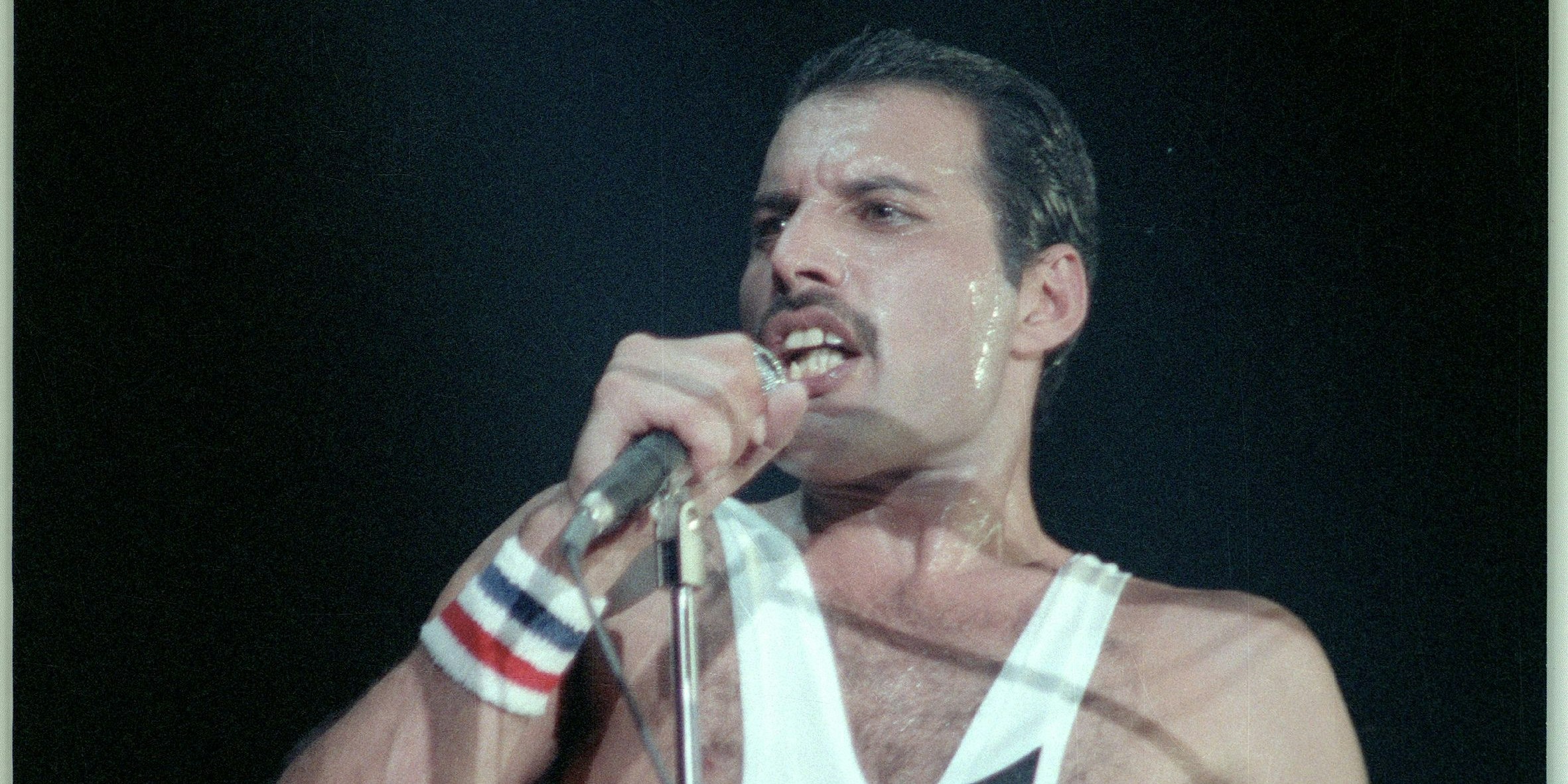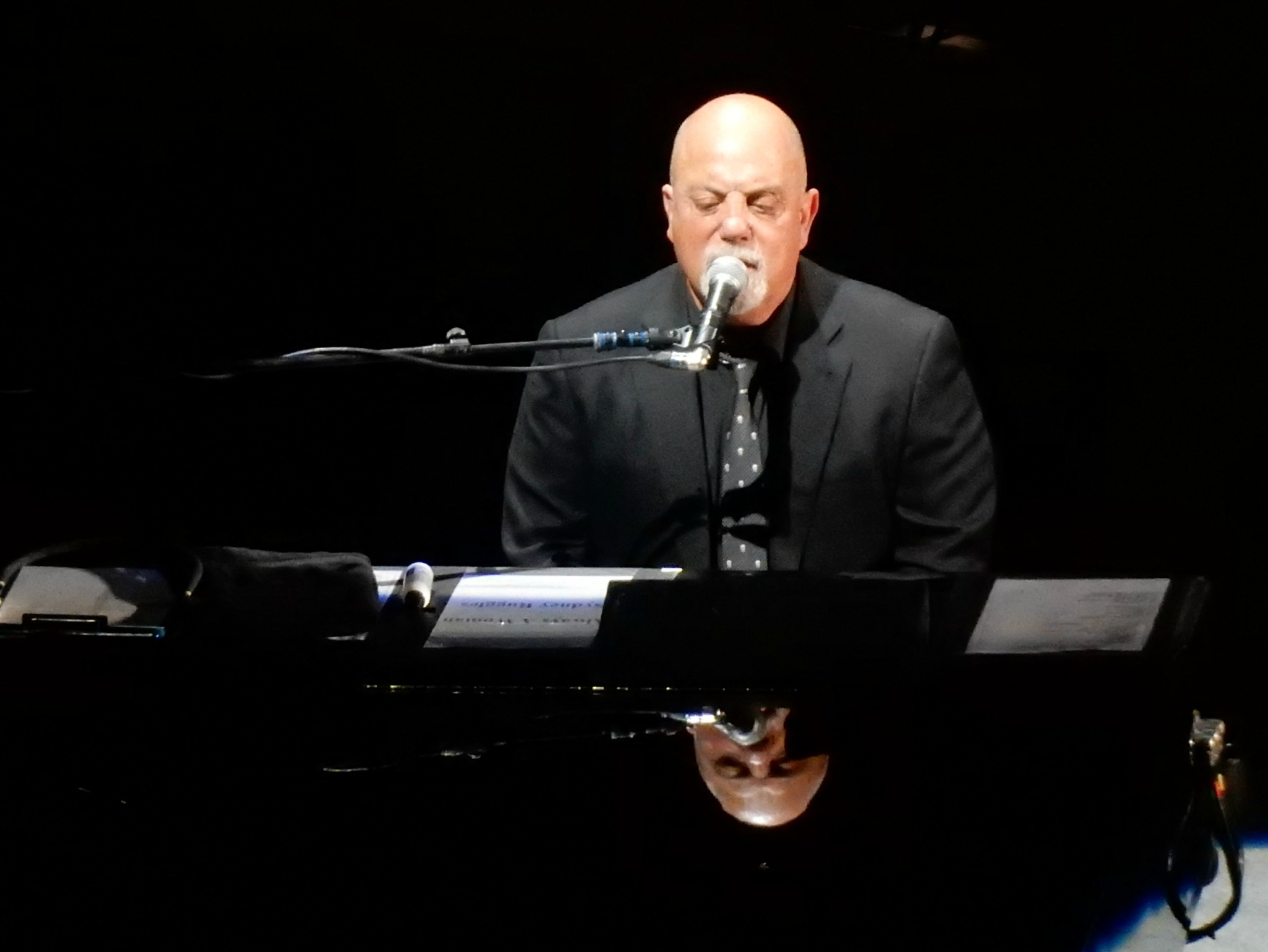Musicians Band Together: A coalition of high-profile musicians, authors, and actors has signed a protest letter opposing the unauthorized use of their creative works to train artificial intelligence (AI) models. Notable signatories include Thom Yorke of Radiohead, Björn Ulvaeus of ABBA, and Robert Smith of The Cure. The letter highlights the growing concern among creatives about the impact of AI on their industries.
Scope and Signatories: As of October 22, 2024, thousands of creators have endorsed the letter. In addition to musicians, the signatories include acclaimed authors like Kazuo Ishiguro and actors such as Kevin Bacon and Rosario Dawson. This broad support underscores the widespread apprehension about AI’s potential to exploit creative works without permission.
Reasons for the Protest: According to Faroutmagazine, the letter describes the unauthorized use of artistic works in AI training as a “major, unjust threat” to creators’ livelihoods. This practice is seen as a violation of copyright laws, exploiting intellectual property without compensation.
Legal and Ethical Implications: The protest highlights significant legal and ethical concerns. Creatives argue that using their work without consent breaches copyright laws and poses a substantial risk to their economic well-being, as reported by NME. Ongoing legal battles, such as one initiated by the Authors Guild, reflect the tension between tech firms and creative professionals over AI training practices.
Industry Impact: The increasing use of AI in creative fields could dramatically alter the landscape for writers, musicians, and other creatives. If AI-generated content becomes a cheaper alternative, it might replace human-produced work, leading to a loss of income and opportunities for creatives. This shift is viewed as unethical and potentially detrimental to the quality of creative output.
Organizational Support: The British Phonographic Industry (BPI) has endorsed the statement, emphasizing the need for robust copyright protections. The Association of Independent Music also supports this stance, advocating for measures to secure the future of music creation and distribution.
Broader Context: Critics argue that AI companies unfairly benefit from using creative works as training data without providing compensation. Ed Newton-Rex, a British composer and former AI executive, highlights this disparity as unjust towards creatives.
Potential Long-term Consequences: If unlicensed use continues, it could lead to widespread exploitation of creatives, undermining their ability to earn a living from their work. This might also result in a decline in the quality and originality of creative content. The protest letter signed by Thom Yorke, Björn Ulvaeus, Robert Smith, and others underscores the urgent need to protect intellectual property rights in the face of advancing AI technologies. It calls for ethical practices and robust copyright protections to safeguard creatives’ livelihoods.


























